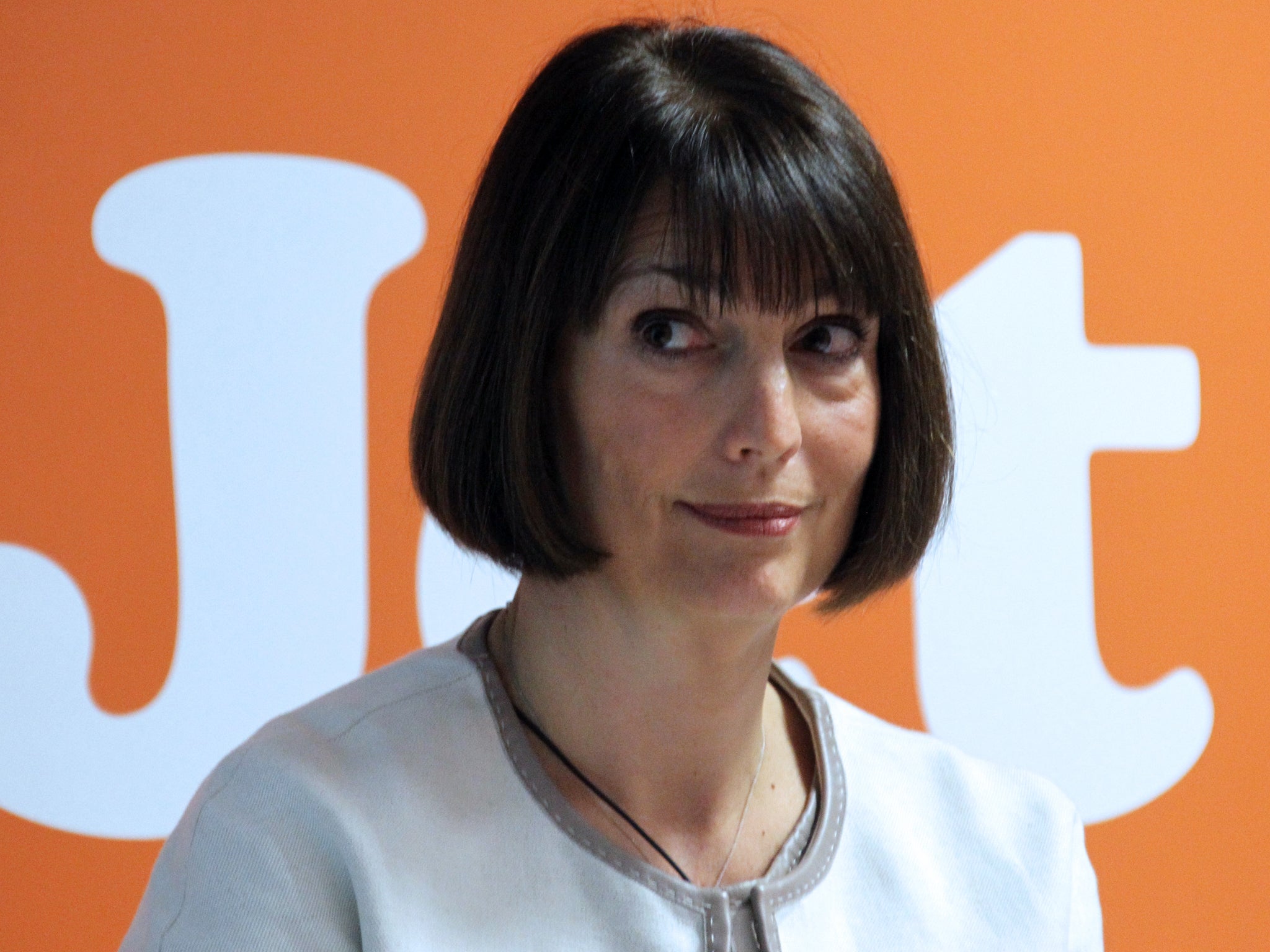Number of female executives at FTSE 100 companies is falling despite efforts to boost women in industry
Female Tory MPs call on major call on major firms to publish detailed information on how many women they employ

Your support helps us to tell the story
From reproductive rights to climate change to Big Tech, The Independent is on the ground when the story is developing. Whether it's investigating the financials of Elon Musk's pro-Trump PAC or producing our latest documentary, 'The A Word', which shines a light on the American women fighting for reproductive rights, we know how important it is to parse out the facts from the messaging.
At such a critical moment in US history, we need reporters on the ground. Your donation allows us to keep sending journalists to speak to both sides of the story.
The Independent is trusted by Americans across the entire political spectrum. And unlike many other quality news outlets, we choose not to lock Americans out of our reporting and analysis with paywalls. We believe quality journalism should be available to everyone, paid for by those who can afford it.
Your support makes all the difference.The numbers of female executives in business and industry are falling despite efforts to boost the representation of women in senior positions in large companies, ministers were warned today.
Two female Tory MPs called on major firms to publish detailed information on how many women they employ and to take fresh action to help female employees climb the corporate ladder.
Therese Coffey and Mary Macleod, who both worked in industry before being elected, said promoting women was not only fair but also made business sense.
In a report for the Conservative Women’s Forum, they said the latest figures for women executives were “stark”, with just three female chief executive officers heading FTSE 100 companies – Carolyn McCall at EasyJet, Angela Ahrendts at Burberry and Alison Cooper at Imperial Tobacco – compared with five two years ago.
Barely one executive director in 20 (5.8 per cent) is a woman, a fall from 6.6 per cent last year, while 15.3 per cent of positions filled by women in the tier below the board is lower today than six years ago.
The MPs said the falling ratios contrasted with increasing numbers of women in major companies worldwide. They warned: “The UK is slipping behind while competitors across the globe are making progress.”
They urged companies to publish details of numbers of men and women at each level of management, how many employees are promoted by gender and the pay gap between the sexes.
Firms should offer mentoring programmes for women, as well as formalised schemes allowing for women who take career breaks to have children. Employers should also encourage part-time and flexible working, the MPs say.
They called on the Government to bring in plans for tax-free childcare vouchers next year rather than in 2015 and to improve careers advice for girls with a view to encouraging more to pursue science, technology and engineering subjects.
Ms Coffey said: “There is strong evidence that having more women in senior management improves a company’s financial returns, corporate governance and decision-making. As women are the key consumers in society, businesses without executive women are losing their connection with their market. UK companies simply cannot afford not to make the most of their female talent.”
A report for the Government by Lord Davies set out plans to increase the proportion of women on FTSE 100 company boards from 10.5 per cent in 2010 to 25 per cent by 2015. The ratio has now reached 17.3 per cent, but the MPs noted that the increase has not been replicated lower down the corporate hierarchy.
They called for him to be asked to turn his attention to appointments in the public sector and professional services and noted: “A man joining a top law firm is ten times more likely to make partner than a woman.”
Join our commenting forum
Join thought-provoking conversations, follow other Independent readers and see their replies
Comments